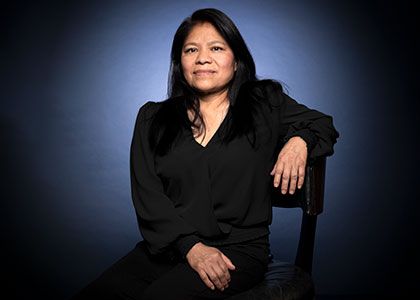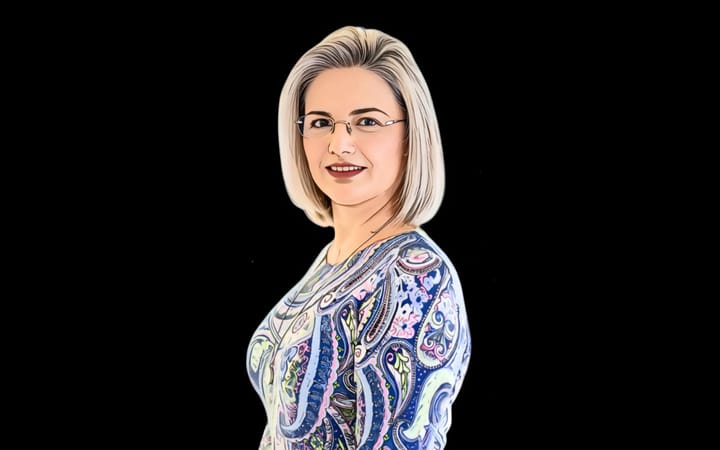
Por Marcelina Bautista
Desde finales del siglo pasado hay un proceso de envejecimiento en la sociedad que ha propiciado una crisis de los cuidados, hablo del trabajo remunerado y no remunerado, la cual apunta hacía la reorganización social y económico que manifiesta una profunda desigualdad. Las mujeres empobrecidas y racializadas hemos tenido que cubrir las necesidades cada vez más extenuantes de este trabajo no reconocido ni valorado. Los países occidentales y por supuesto privilegiados cubren las necesidades del trabajo de cuidados con mujeres migrantes del sur global que a su vez dejan a sus hijos/hijas o dependientes con otras mujeres de sus familias, pues en esos países los trabajos de cuidados no puedan realizarse porque ya no hay personas que quieran o les interese hacerlos. De esta manera en esos países del norte ponen un curita a dicha problemática con la migración de mujeres de otros países, son pues las cadenas de migración también cadenas de cuidados que recaen en las espaldas de las trabajadoras del hogar. Es así que las mujeres terminan resolviendo un problema que es de la sociedad a través de un trabajo que constantemente los Estados niegan a reconocer como tal.




